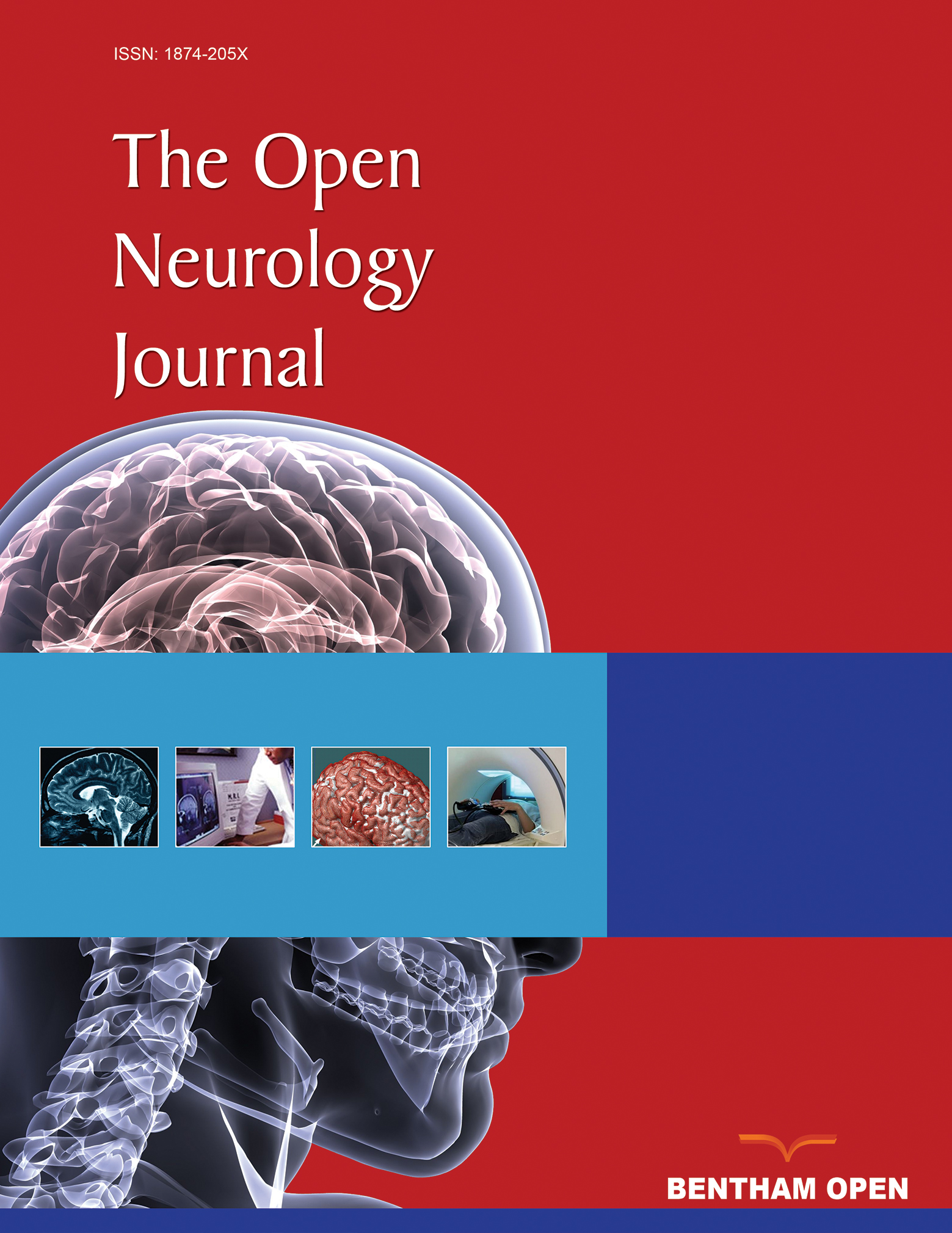Predictors of Attack Severity and Duration in Multiple Sclerosis: A Prospective Study
Abstract
Objective:
To evaluate predictors of severity and duration of early Multiple Sclerosis (MS) attacks.
Methods:
We analyzed 248 attacks in 95 patients in a prospective study. Severity: the difference between the EDSS score at the day of maximum worsening and the EDSS score before the onset of the attack. Duration: the time between the date of onset of the first symptom and the date of maximum improvement of the last symptom.
Results:
The number of involved Functional Systems (FS), FS type (brainstem and pyramidal), and total attack duration were linked to severity. Number of FS involved, FS type (sphincteric and sensory), and severity of the attack were related to duration. Neither severity nor duration were correlated to other predictors: gender, age and season at attack onset, speed of onset, infections in the preceding month, age at first attack, season of birth and first attack, CSF examination, first brain MRI, recovery from the first attack. In the multivariate analysis, the Odds Ratio (OR) and Confidence Intervals (CI) for severe attacks was 3.6, 1.7-7.7 for involvement of pyramidal FS, 2.6, 1.2-6.0 for brainstem and 2.5, 1.2-5.3 for long attack duration. Sphincteric (4.4; 1.7-11.0) and sensory FS (1.8; 1.0-3.2) were the only variables explaining duration. The probability of a second moderate/severe or long attack was not influenced by severity or duration of the first.
Conclusion:
FS are predictive of severity and duration of early MS attacks. Severity and duration of the first attack do not predict severity and duration of the second.


